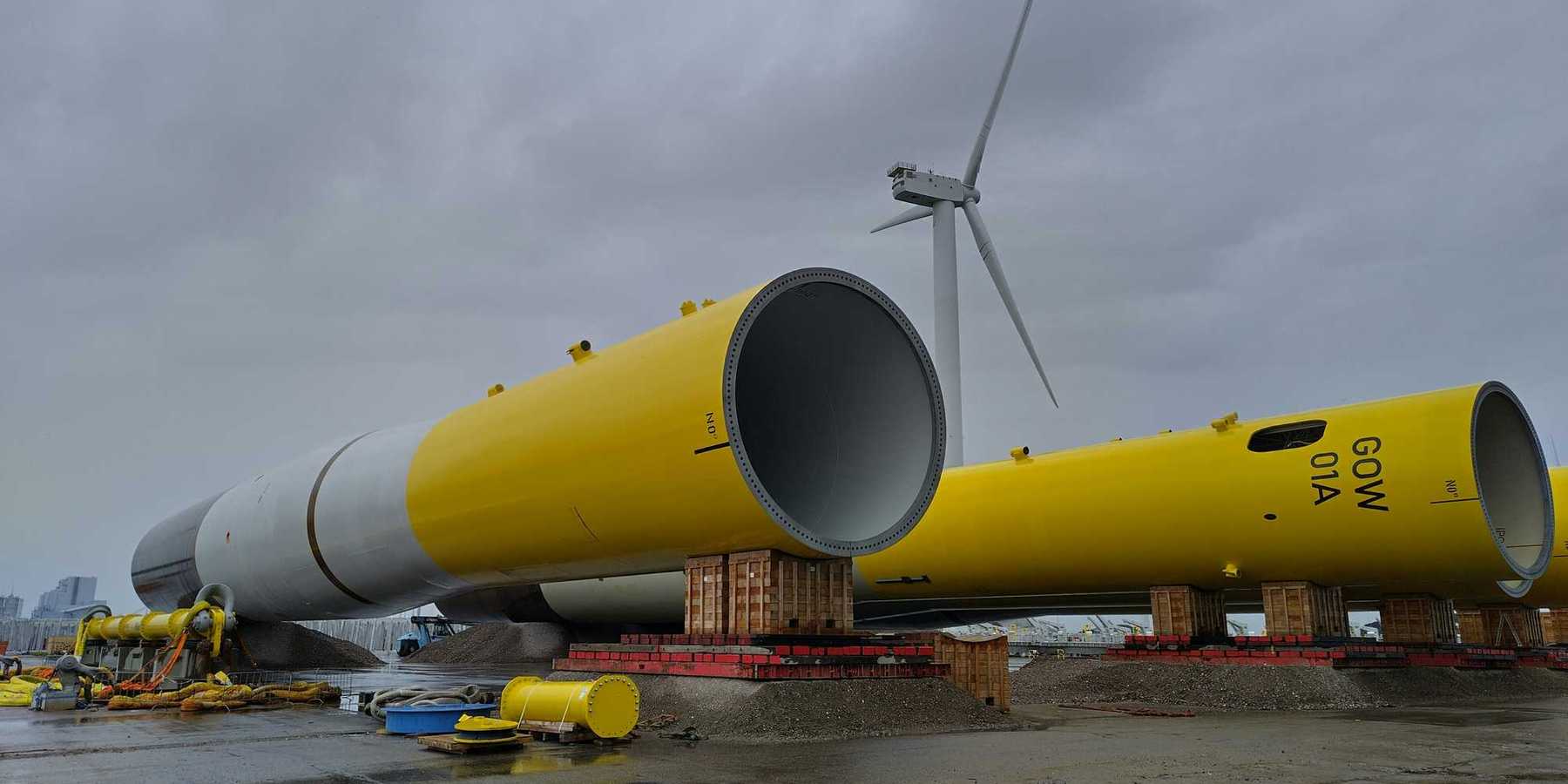German climate activists struggle for visibility ahead of election
Germany’s once-powerful climate movement faces political opposition and declining public support as the country’s federal election nears.
Holly Young reports for Deutsche Welle.
In short:
- Climate policy, once a central issue in German elections, has taken a backseat to concerns over immigration, the economy and the rise of the far-right.
- Activists face increasing government restrictions and public backlash, with support for the movement halving between 2021 and 2023.
- Groups like Fridays for Future are forging alliances with labor unions and social organizations to maintain influence despite shifting political winds.
Key quote:
"The arguments of the fossil side of the discussion are bad, but they have more money, they own more press and it's hard to fight against them."
— Jens Clausen, senior researcher and co-founder of the German-based Borderstep Institute for Innovation and Sustainability
Why this matters:
Germany, once a leader in climate policy, is seeing a political shift that threatens its ambitious emissions goals. Public disillusionment with activist tactics and growing hostility from politicians make it harder to push for urgent climate action. Meanwhile, extreme weather and energy crises continue to highlight the stakes of inaction. If Germany steps back from climate commitments, it could have ripple effects across Europe and beyond.













